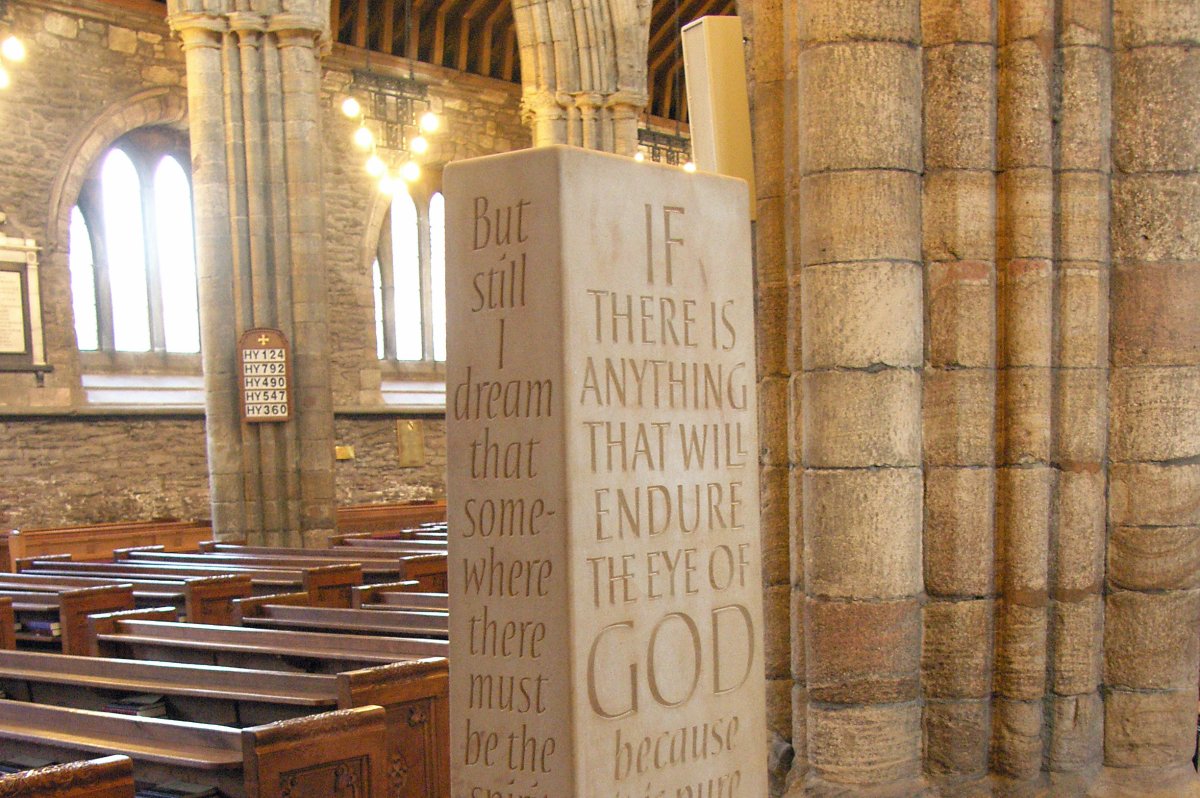
Today is Sunday, March 13, the 72nd day of 2022 with 293 to follow.
The moon is growing. The morning stars are Mars, Mercury, Saturn and Venus. The evening stars are Neptune and Uranus.
Summer time begins.
People born on this date are under the sign of Pisces. They include Pope Innocent XII in 1615; the English chemist Joseph Priestley, the discoverer of oxygen, in 1733; American first lady Abigail Fillmore in 1798; astronomer Percival Lowell in 1855; the publisher Walter Annenberg in 1908; L. Ron Hubbard, science fiction writer and founder of the Church of Scientology, in 1911; former CIA Director William Casey in 1913; cartoonist Al Jaffee in 1921 (age 101); Helen “Callaghan” Candaele Saint Aubin, known as the “Ted Williams of women’s baseball”, in 1923; singer/songwriter Neil Sedaka in 1939 (83); actor William H. Macy in 1950 (age 72); political commentator Charles Krauthammer in 1950; actor Dana Delany in 1956 (age 66); the musician Adam Clayton, bassist of U2, in 1960 (62 years old); actor Annabeth Gish in 1971 (age 51); actor Adina Porter in 1971 (age 51); actor/rapper Common, born Lonnie Rashid Lynn Jr., in 1972 (age 50); metal singer David Draiman in 1973 (age 49); actor Danny Masterson in 1976 (age 46); actor Noel Fisher in 1984 (age 38); the actor Emile Hirsch in 1985 (37 years old); actor Harry Melling in 1989 (age 33); journalist/model Peaches Geldof in 1989; actor Kaya Scodelario in 1992 (age 30); actor George MacKay in 1992 (age 30); the singer Ozuna, born Juan Carlos Ozuna Rosado, in 1992 (30 years old); actor Lucy Fry in 1992 (age 30); US Olympic alpine skier Mikaela Shiffrin in 1995 (age 27).
On this historical date:
In 1781, the planet Uranus was discovered by British astronomer William Herschel.
In 1868, the Republican-dominated U.S. Senate began impeachment proceedings against U.S. President Andrew Johnson, a Democrat and successor to Abraham Lincoln, culminating in a post-Civil War political row. He was acquitted by a voice.
In 1881, Tsar Alexander II, ruler of Russia since 1855, was killed on a street in St. Petersburg by a bomb thrown by a member of the revolutionary group People’s Will.
In 1933, in the depths of the Great Depression, banks across the United States began to reopen after a weeklong holiday declared by President Franklin D. Roosevelt in a successful effort to stop runs on assets banking.
In 1933, President Roosevelt sent word to Congress calling for the immediate amendment of the Volstead Act to permit the manufacture and sale of beer.
In 1961, President John F. Kennedy proposed the multi-billion dollar Alliance for Progress to help Latin America. The program was widely believed to have failed to bring democracy to the continent.
In 1980, a Chicago jury sentenced John Wayne Gacy to death for the murders of 33 young men and boys. He died by lethal injection on May 10, 1994.
In 1990, the Soviet Congress of People’s Deputies formally ended Communist Party monopoly rule, establishing a presidential system and giving Mikhail Gorbachev sweeping new powers.
In 1992, a magnitude 6.8 earthquake struck northeastern Turkey, killing at least 500 people and leaving some 50,000 homeless.
In 1996, a gun collector opened fire at a school in Dunblane, Scotland, killing 16 kindergarten children and their teacher, and then himself.
In 2004, opera singer Luciano Pavarotti sang his last opera at the Metropolitan Opera in New York.
In 2008, gold prices on the New York Mercantile Exchange hit $1,000 an ounce for the first time.
In 2011, the 75-year-old Dalai Lama, Tibet’s spiritual leader, formally tendered his resignation as Tibet’s political leader, a post he had held since the age of 18, in the Tibetan Parliament in exile.
In 2013, Cardinal Jorge Mario Bergoglio of Buenos Aires, a Jesuit, became pope of the Catholic Church. He chose the name François.
In 2020, President Donald Trump declared a national emergency in response to the COVID-19 pandemic. By that date, the new coronavirus had killed three dozen people in the United States and sickened some 1,200.
A thought for the day: “There is no freedom without discipline. He who is free is disciplined. — American dancer Janet Collins